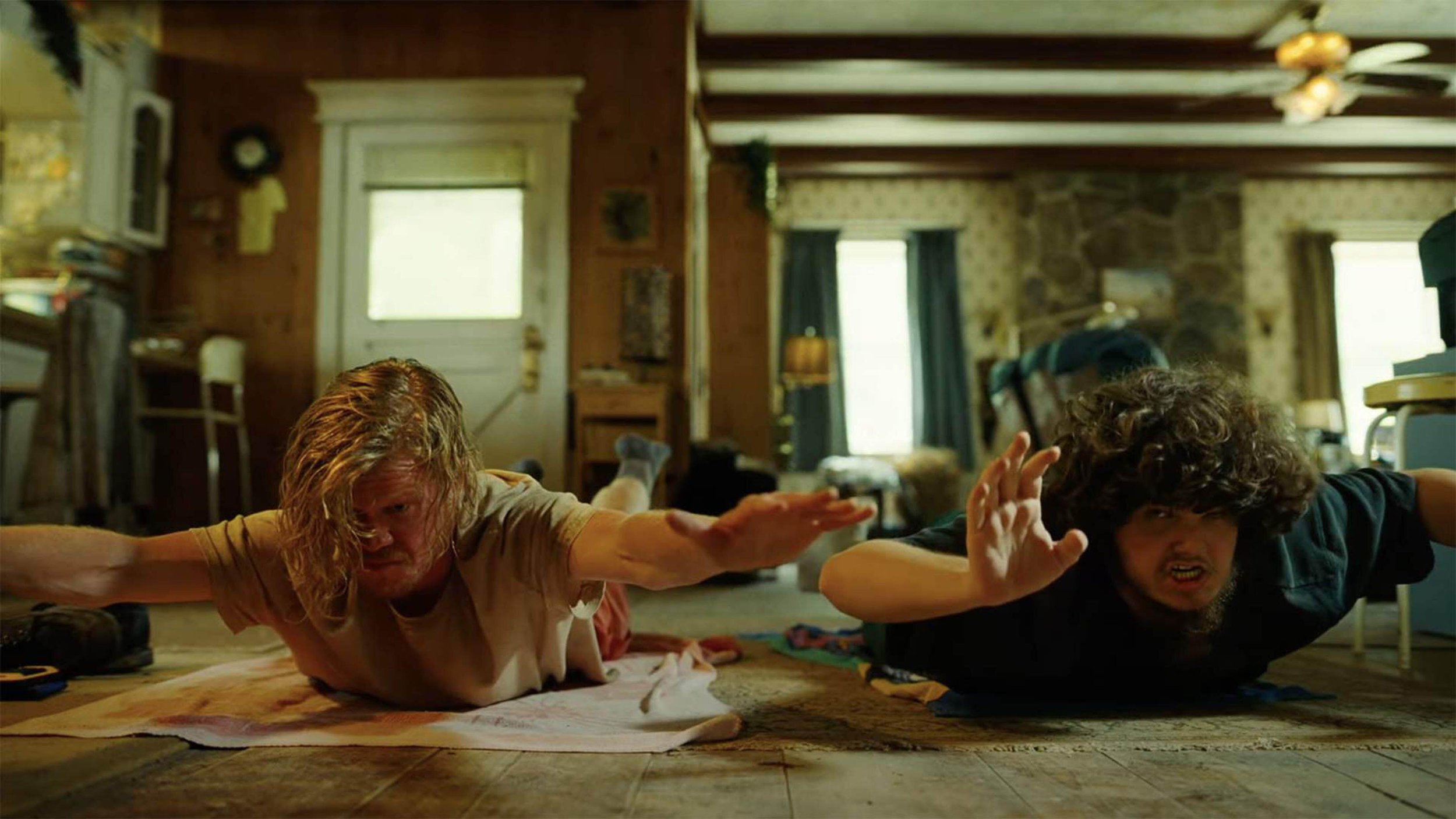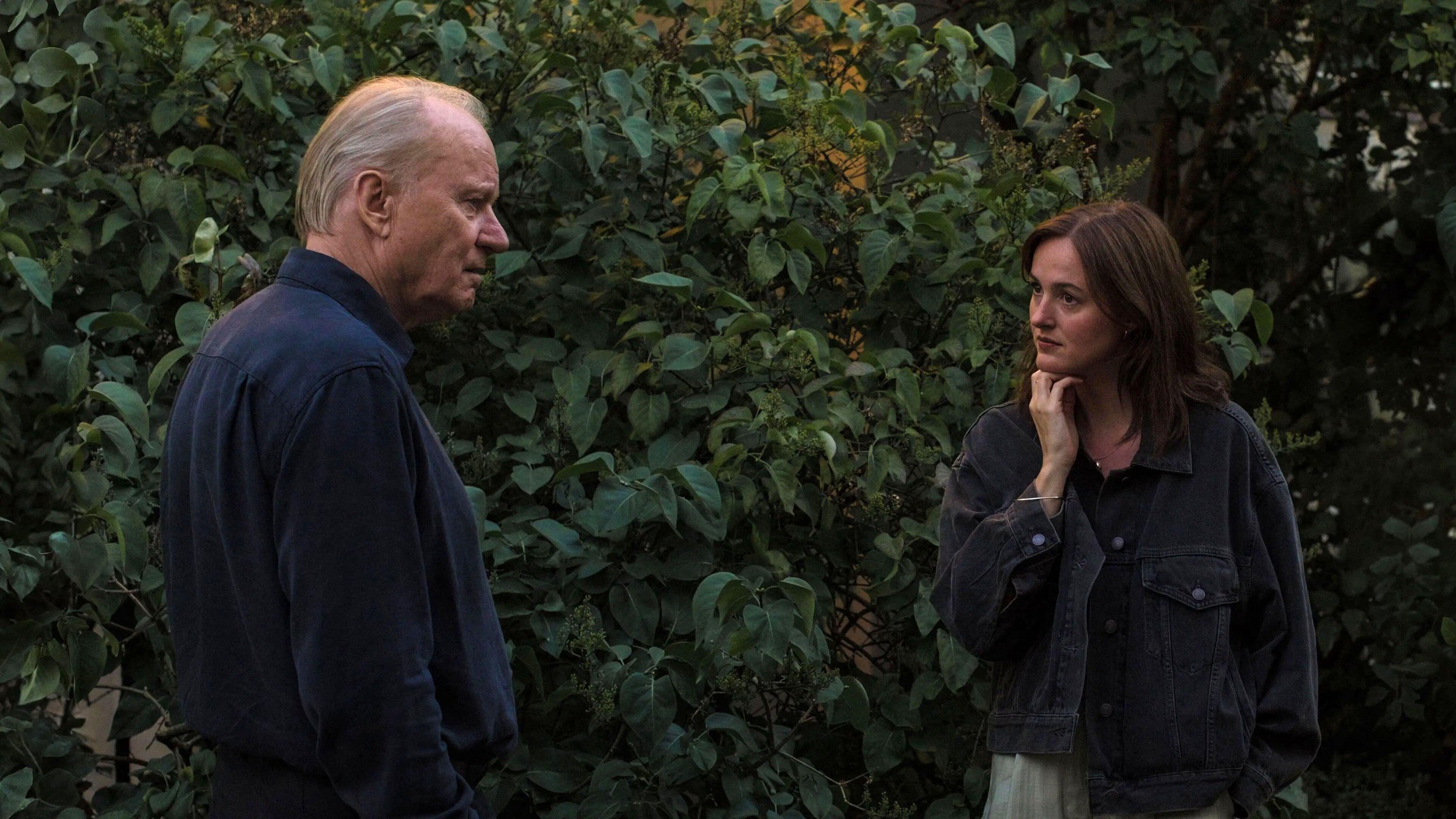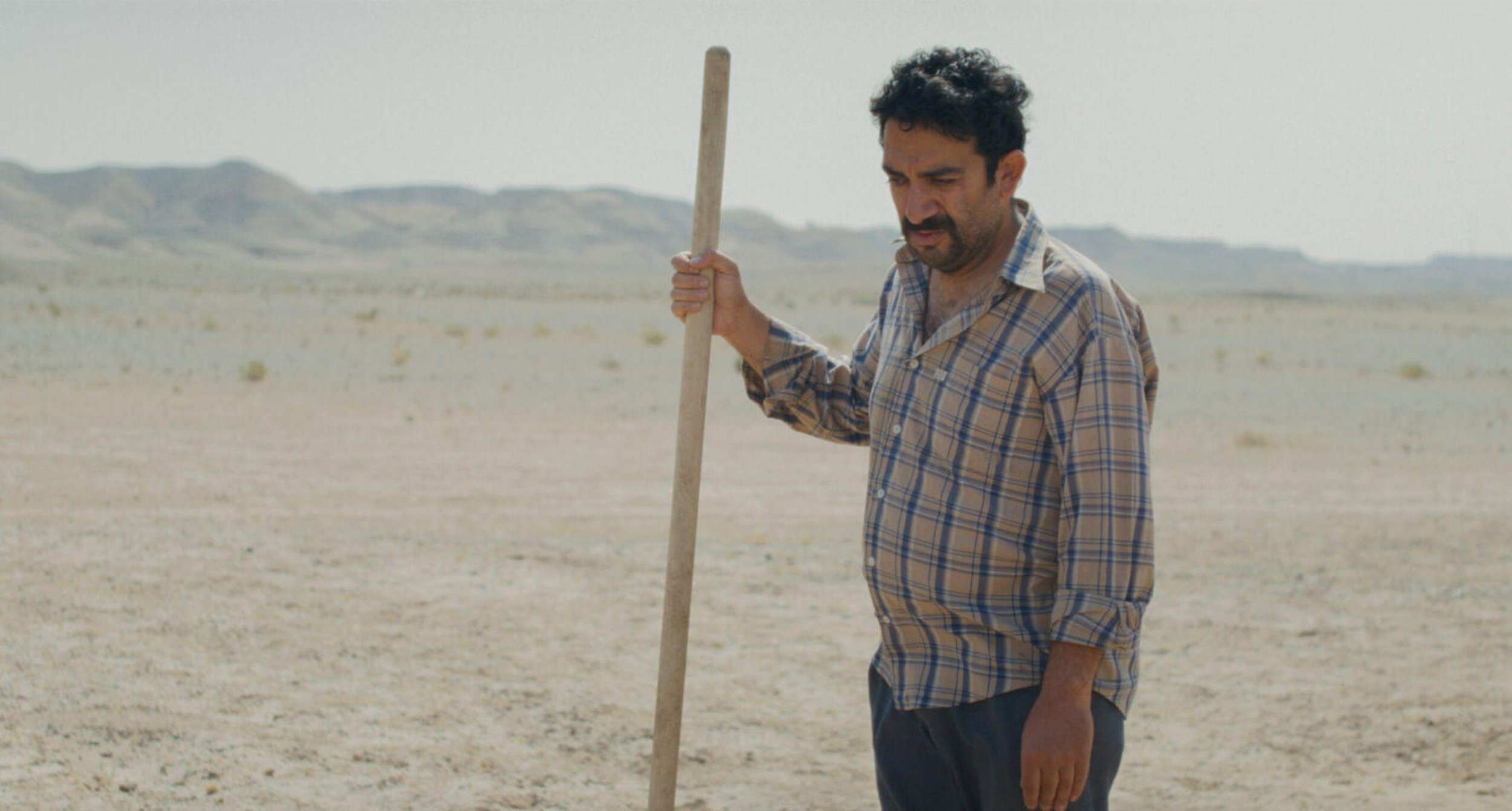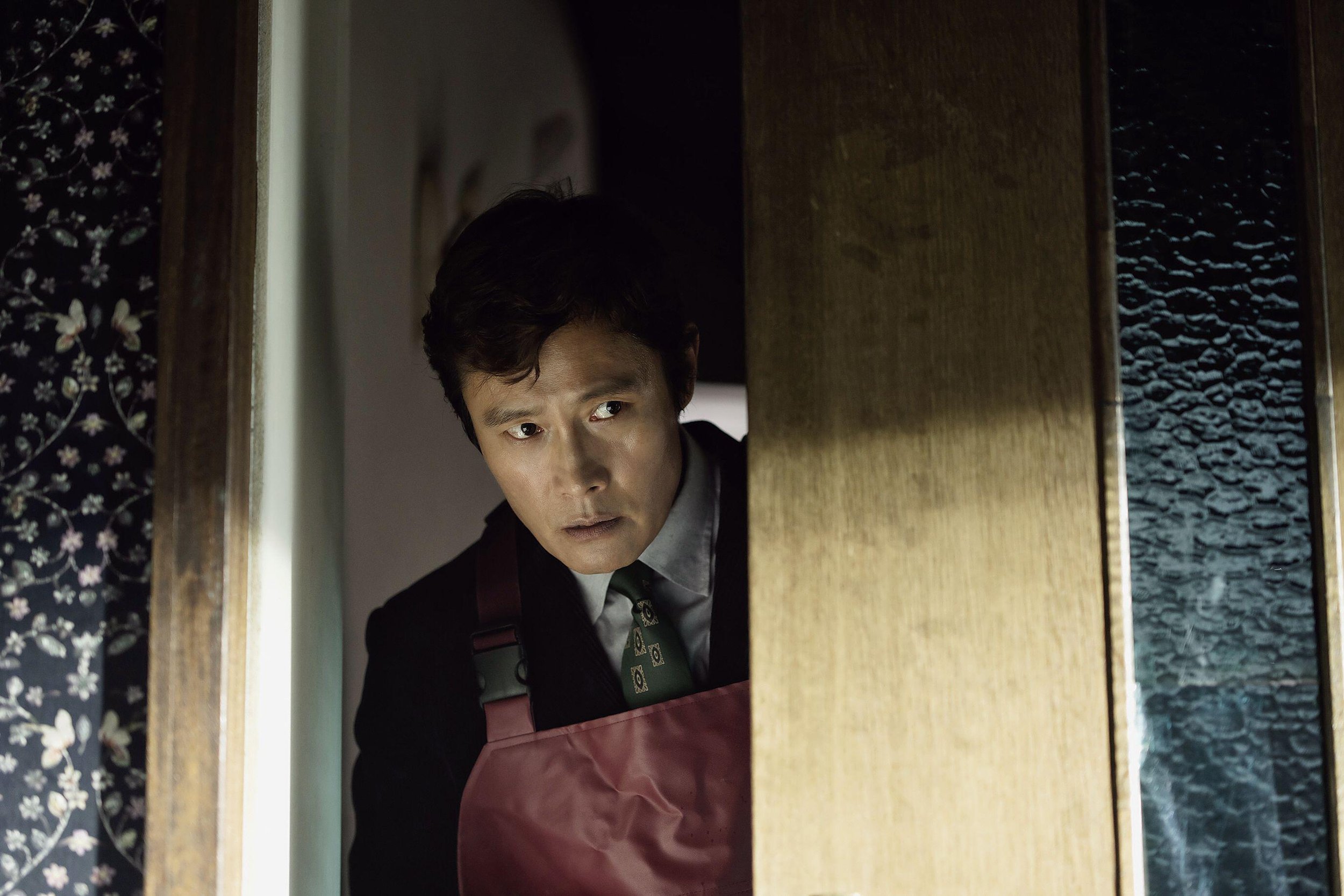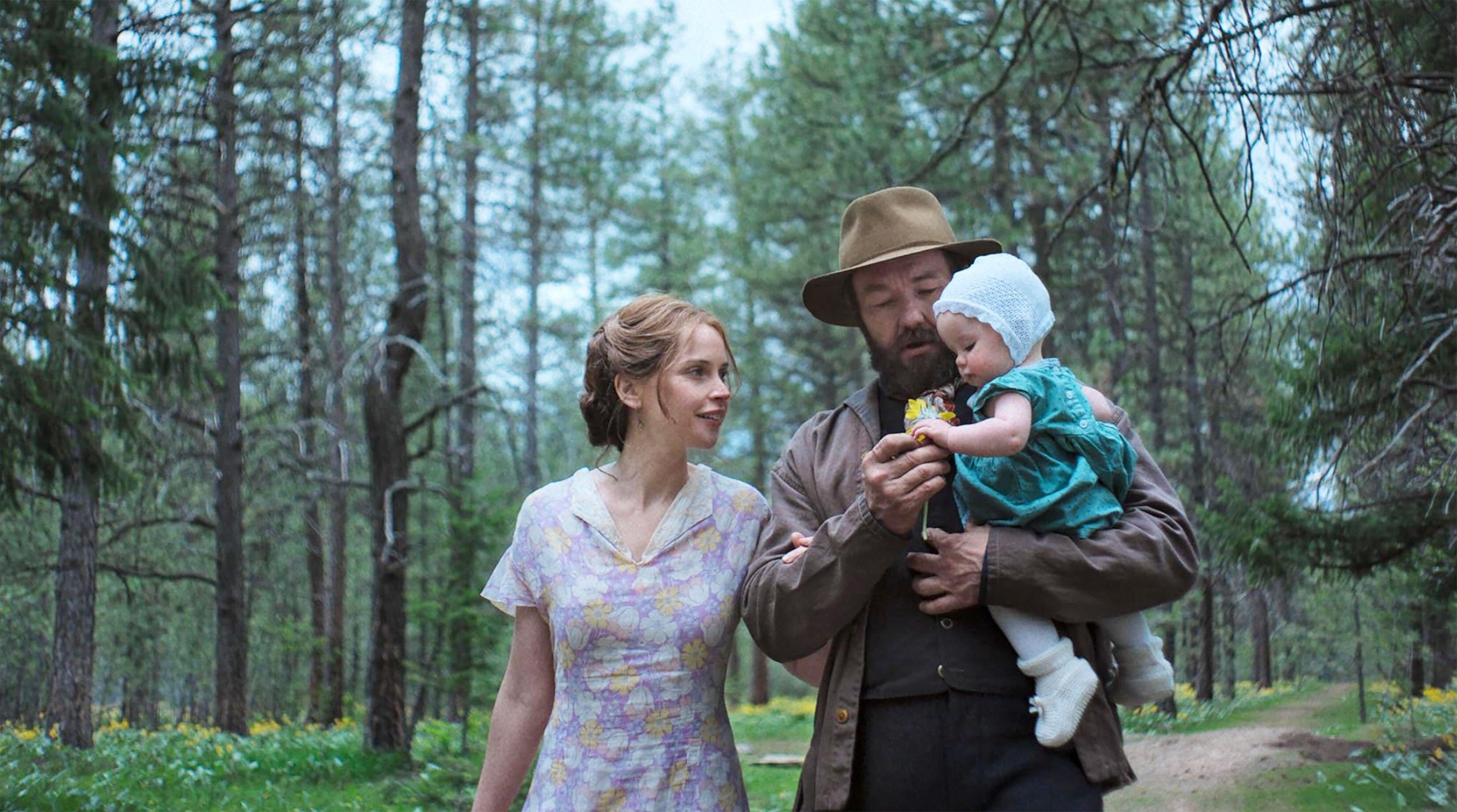BUGONIA: “Pain Traps.” Who Are You? Who Am I? What is Reality?
Yorgos Lanthimos’s 2025 film Bugonia gives us his take on the serious problems with humanity. BUT. It also gives us a lot to understand about trauma. Do aliens exist in our midst? Unlikely. Do severely traumatized people feel like aliens and fall into delusions and conspiracy theories? For sure … You can end up confused: Who am I? Who are you? Who is who? And, what is reality? …
SENTIMENTAL VALUE: No One There. Makes You Scared of Love …
No one there. That’s the trauma in Joachim Trier’s Sentimental Value. You can’t feel safe loving someone if there’s no one there as a child—no one who makes you know you have a secure home in their heart. Losing a mom or a dad when you’re little makes you run from love. Live in despair. Walled off. Scared to death that loss is all you’ll find. Just watch Gustav and Nora …
IT WAS JUST AN ACCIDENT: If Revenge Can’t Say No to Empathy?
Humans have a wide range of feelings. That is, unless you have to shut them down. Jafar Panahi’s 2025 thriller, It Was Just an Accident, showcases the extremes via the many emotions roiling around in various characters in the film. Rage. Revenge. Confusion. Uncertainty. Disorientation. Agitation. Even, surprise, surprise: Empathy...
NO OTHER CHOICE: When Desperation Drives You Crazy
Extreme desperation and humiliation can drive you crazy. Totally out of your mind. Witness Man-su in No Other Choice. There are other choices ... but since he isn’t in his right mind and has lost any sense of his old human values (he was a labor organizer, after all), he doesn’t think there is. Desperation to get rid of his competitors makes him believe he has only ONE choice: Murder.
TRAIN DREAMS: “Looking Over Your Shoulder” (For Loss)
No one ever told Robert Grainier what happened to his original parents in Train Dreams. But when you’re a 6-year-old alone on a train to somewhere unknown, that’s trauma. You spend your life looking over your shoulder, as if something horrible is about to happen. Because it already did.
IF I HAD LEGS, I’D KICK YOU: Is Your Therapist Like This? Run!
If I Had Legs, I’d Kick You is a horror film. Run! If your therapist is like Linda’s therapist, or Linda herself. Therapists should never treat patients like the two of them do – yelling, demeaning, being cold, kicking you out of therapy. You should feel safe …
THE BEAST IN ME: When You Can’t Bear Emotional Pain ...
Aggie and Nile are mirror reflections of each other (sort of, but not all the way), in Gabe Rotter’s new mini-series, The Beast in Me. Not all the way, because Aggie isn’t a killer. Yet, what they have…
FRANKENSTEIN: Desperate Measures & Repetitions of Trauma
Guillermo del Toro’s Victor Frankenstein was an extremely traumatized child. He’s tormented by memories of abuse and loss that refuse to die inside him. He suffers endlessly. And, so does …
SINNERS: Why Delusion Feeds on Hunger & Loss
Are you really a Sinner if you’re hungry for something you want? That’s Sammie. For someone you lost? That’s Smoke, Annie, Stack, and Mary. Or, for something prejudice, hate, or war tells you you …
TWINLESS: “I Don’t Know How to Be Here Without You.”
“I don’t know how to fucking be here without you?” That’s the deep, lonely, grief-stricken cry of Roman in James Sweeney’s 2025 film, Twinless, after losing his identical twin, Rocky: “I don’t know …
ONE BATTLE AFTER ANOTHER: The Biggest Battle is for Love
Sometimes love can be scary. And when it is, you have to get tough. Against vulnerability. Against fear of control. Against loss. Against despair. These are the battles in Paul Thomas Anderson’s …
A DIFFERENT MAN? No. Shame & Missing Red Flags
People can be cruel. Even worse is having a voice of shame inside that makes you hang your head low and believe every word they say. That’s Edward in Aaron Schimberg’s A Different Man.
WEAPONS: Being Under the Spell of a Narcissistic Abuser
I know, I know. Aunt Gladys is supposed to be a witch in Zach Cregger’s new film, Weapons. But I have to say: What better example of a gaslighting narcissistic abuser could we possibly find?
I SAW THE TV GLOW: When Sadness Can Be Just Too Much
Owen and Maddy can’t be who they are in Jane Schoenbrun‘s I Saw the TV Glow. Those reasons started in traumatic childhoods but are now inside themselves. For Owen, his dad’s control …
SORRY, BABY: “Not Thinking About It:” Trauma & What Heals
Something bad happened to Agnes in Eva Victor’s, Sorry, Baby. Yes, Sexual assault is bad. And, Agnes has the typical trauma responses: thinking and not thinking about it, confusion, disorientation …
BEAU IS AFRAID: Living in a Reel of Dissociated (Terrifying) Feelings
Beau is Afraid in Ari Aster‘s psychologically complex horror film. He has good reasons to be afraid. Beau has a (very) scary mom. He’s frightened of making the “wrong” move or saying the “wrong” thing …
MATERIALISTS: Love Isn’t Easy When Your Childhood Was Hard
Materialists, written and directed by Celine Song, starring Dakota Johnson, Chris Evans, and Pedro Pascal, tells the story of how love isn’t easy when your childhood was hard …
DYING FOR SEX, EPISODE 8: Love Changes Molly (& Everyone)
Sexual abuse is serious. A rift with your mom is too, in Dying for Sex, Episode 8. But “It’s Not That Serious” when you can let in more love and finally embrace what you want. That’s what Molly does …
DYING FOR SEX EPISODE 7: Allowing Love Brings an Orgasm with Another Person
Even grumpy Nurse Ernie knows (in Dying for Sex Episode 7, You’re Killing Me Ernie): Love heals. So, he (sort of) turns his head and begrudgingly lets Molly invite Neighbor Guy into her room…
DYING FOR SEX EPISODE 6: Making the Best of It (Feelings & Finally, Love)
Molly makes the best of Stage 4 Metastatic cancer in Dying for Sex Episode 6, Happy Holidays. Of course, the cannabis therapy doesn’t hurt, along with Nikki and Sonya, both high too …

